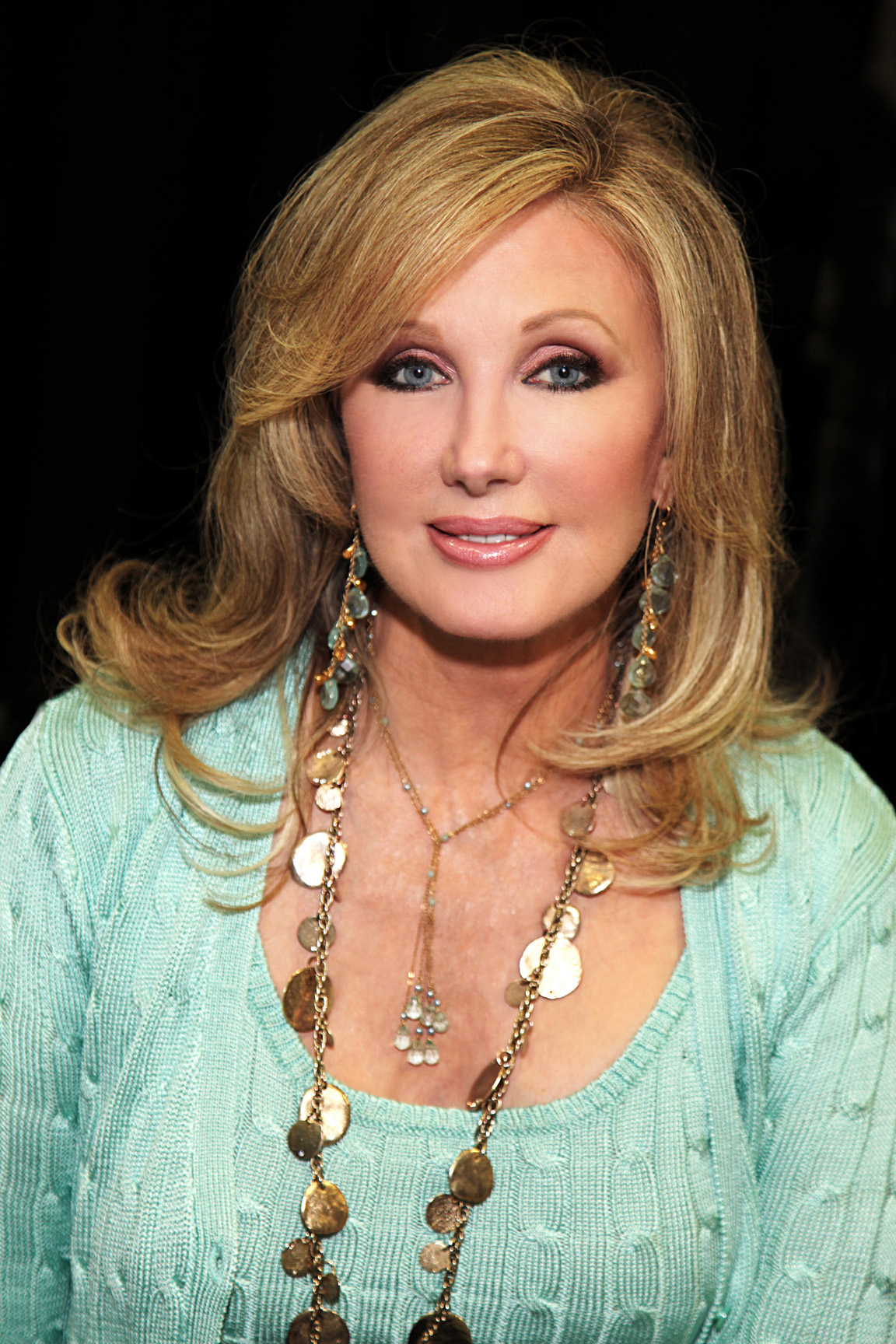Charlie and the Chocolate Factory
Explore the timeline of Charlie and the Chocolate Factory, following the journey of young Charlie Bucket as he navigates a world of whimsical wonders inside Willy Wonka's mysterious chocolate factory. From the golden ticket discovery to the enchanting tour and unexpected events, delve into the key moments of Roald Dahl's beloved story.
Publication of Charlie and the Chocolate Factory
Charlie and the Chocolate Factory, a children's novel by British author Roald Dahl, was published on 17 January 1964. The book tells the story of young Charlie Bucket as he explores the magical world of Willy Wonka's chocolate factory. It became one of Dahl's best-known and most celebrated works, praised for its imaginative storytelling and moral lessons. The story touched on themes like poverty, kindness, and the consequences of greed, as Charlie experiences a once-in-a-lifetime adventure.
Release of Willy Wonka & the Chocolate Factory Film
The film 'Willy Wonka & the Chocolate Factory,' based on Roald Dahl's novel 'Charlie and the Chocolate Factory,' was released on June 30, 1971. Directed by Mel Stuart and starring Gene Wilder as Willy Wonka, the movie brought Dahl's fantastical world to life with vibrant sets and memorable songs. Although initially a moderate box office success, the film gained cult classic status and remains a beloved adaptation, noted for its whimsical yet cautionary themes.
Sequel Book 'Charlie and the Great Glass Elevator' Published
Following the success of 'Charlie and the Chocolate Factory,' author Roald Dahl released a sequel, 'Charlie and the Great Glass Elevator,' on June 29, 1972. This continuation of Charlie's story explores their adventures in outer space, adding quirky humor and imaginative whimsy for which Dahl is renowned. Although not as celebrated as its predecessor, the sequel expanded on the narrative universe of Willy Wonka and Charlie Bucket and highlighted Dahl's characteristic inventive style.
Roald Dahl's Charlie and the Chocolate Factory Stage Musical
The stage musical adaptation of 'Charlie and the Chocolate Factory,' based on Roald Dahl's original book, premiered on 29 October 1973. This musical brought the charming yet unusual story to a new medium, enhancing the narrative with theatrical performances and songs. It would later inspire various other productions globally, alongside adaptations in film and other formats, further cementing 'Charlie and the Chocolate Factory' as a multi-faceted cultural phenomenon.
Roald Dahl Dies
Renowned author Roald Dahl passed away on November 23, 1990, at the age of 74. His death marked the end of a prolific career during which he wrote numerous beloved children's books, including 'Charlie and the Chocolate Factory,' which left an everlasting impact on literature and countless readers worldwide. Dahl's works continue to be celebrated for their imaginative tales and quirky characters. His passing was mourned by fans and peers in the literary community alike.
Musical Adaptation Announced for London
The announcement for a new musical adaptation of Roald Dahl's 'Charlie and the Chocolate Factory' to debut in London was made on March 31, 2004. This version aimed to combine beloved elements from the original book with new musical numbers and a fresh take on the classic tale. Anticipation for the show was high, as fans eagerly awaited seeing their favorite characters and stories adapted for the stage in a modern musical format that would bring the enchanting world of Willy Wonka to life.
Release of Charlie and the Chocolate Factory Film
On July 15, 2005, the film 'Charlie and the Chocolate Factory,' directed by Tim Burton and starring Johnny Depp as Willy Wonka, was released. This adaptation remained more faithful to the original novel by Roald Dahl, which was a point of emphasis from both fans and critics. While the portrayal of Willy Wonka differed significantly from the 1971 Gene Wilder version, this film was praised for its visual style and Burton's unique interpretation of the classic story.
Charlie and the Chocolate Factory Musical Debut
The official debut of the stage musical 'Charlie and the Chocolate Factory' occurred on June 25, 2013, at the Theatre Royal, Drury Lane, in London. This production combined new music by Marc Shaiman and Scott Wittman with familiar songs and characters from Dahl's story. The musical was well-received for its imaginative set designs, lavish costumes, and ability to capture the magic of the original book, bringing to life the iconic world of Willy Wonka and his chocolate factory.
Charlie and the Chocolate Factory Musical Broadway Debut
The Broadway production of 'Charlie and the Chocolate Factory: The New Musical' opened on April 23, 2017, at the Lunt-Fontanne Theatre in New York City. This adaptation brought new elements and charm to the classic story, reflecting both the spirit of Roald Dahl's beloved book and the creativity of an American theatrical production. With its catchy tunes, dazzling choreography, and innovative stage design, the show was met with much anticipation and interest from audiences and critics alike.
Netflix Announces Animated Series Based on Roald Dahl's Works
Netflix announced on September 1, 2020, that it would adapt several of Roald Dahl's beloved books into animated series, including 'Charlie and the Chocolate Factory.' This ambitious project aims to introduce a new generation to Dahl's cherished tales through the animation medium. The announcement generated excitement among fans of the author's work, who are eager to see classic stories brought to life with modern animation techniques and creative storytelling approaches.
Frequently asked questions about Charlie and the Chocolate Factory
Discover commonly asked questions regarding Charlie and the Chocolate Factory. If there are any questions we may have overlooked, please let us know.
When did the stage musical 'Charlie and the Chocolate Factory' premiere?
When was 'Charlie and the Chocolate Factory' first published?
When was the 'Charlie and the Chocolate Factory' film directed by Tim Burton released?
When was the first 'Charlie and the Chocolate Factory' film adaptation released?
Related timelines
More timelines connected to Charlie and the Chocolate Factory







